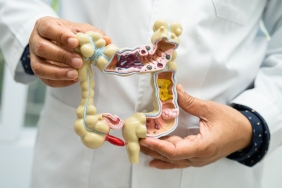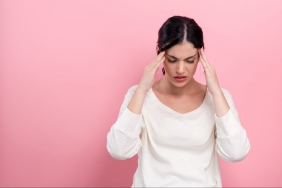Severe menstrual pain is among the many factors affecting women's health. menstrual periodIt is an important experience that many women have. However, for many, menstruation is not only a physical discomfort but also comes with severe pain. These pains are examined under conditions called primary dysmenorrhea or secondary dysmenorrhea. In this article, the causes, types and treatment options of severe pain during menstruation will be discussed. Understanding these pains, which can significantly affect women's quality of life, is of critical importance in choosing appropriate treatment methods.

- Primary Dysmenorrhea:
- It usually occurs with the start of menstruation and usually lasts 1-2 days.
- Excessive release of prostaglandin hormones, which cause the uterus to contract, can cause such pain.
- It is more common among younger women.
- Secondary Dysmenorrhea:
- This type of pain is usually caused by another underlying gynecological problem, such as endometriosis, uterine fibroids or infections.
- It is more common among older women.
Treatment of Pain:
- Medical Treatment:
- Painkillers: Over-the-counter painkillers, such as ibuprofen or acetaminophen, can relieve pain.
- Anti-inflammatory Drugs: They can prevent contractions by reducing prostaglandin release.
- Oral Contraceptives: They can reduce pain by balancing hormone levels.
- Treatments that can be done at home:
- Hot Application: A hot water bottle or hot bath can relax muscles and reduce pain.
- Exercise: Gentle exercise can increase blood circulation and relieve pain.
- Diet and Fluid Intake: A healthy diet and adequate fluid intake can improve overall health and reduce pain.
- Rest: Adequate sleep and rest can help manage pain.
during menstrual period Severe pain is a common condition that affects the lives of many women. Understanding the underlying causes of these pains is an important step in determining the correct treatment approaches. Medical treatments include a variety of options, such as painkillers, anti-inflammatory medications, and oral contraceptives, and can be personalized depending on the individual's condition. Additionally, simple methods that can be applied at home can be effective in relieving pain and improving overall health.
However, each individual's situation is different and severe pain may be a symptom of other health problems. Therefore, when experiencing severe pain or other symptoms, it is important to consult a healthcare professional. This article aims to serve as a guide to understanding and effectively managing severe menstrual pain. By focusing on women's health, we aim to help individuals who are knowledgeable on this subject better manage their own health.

















